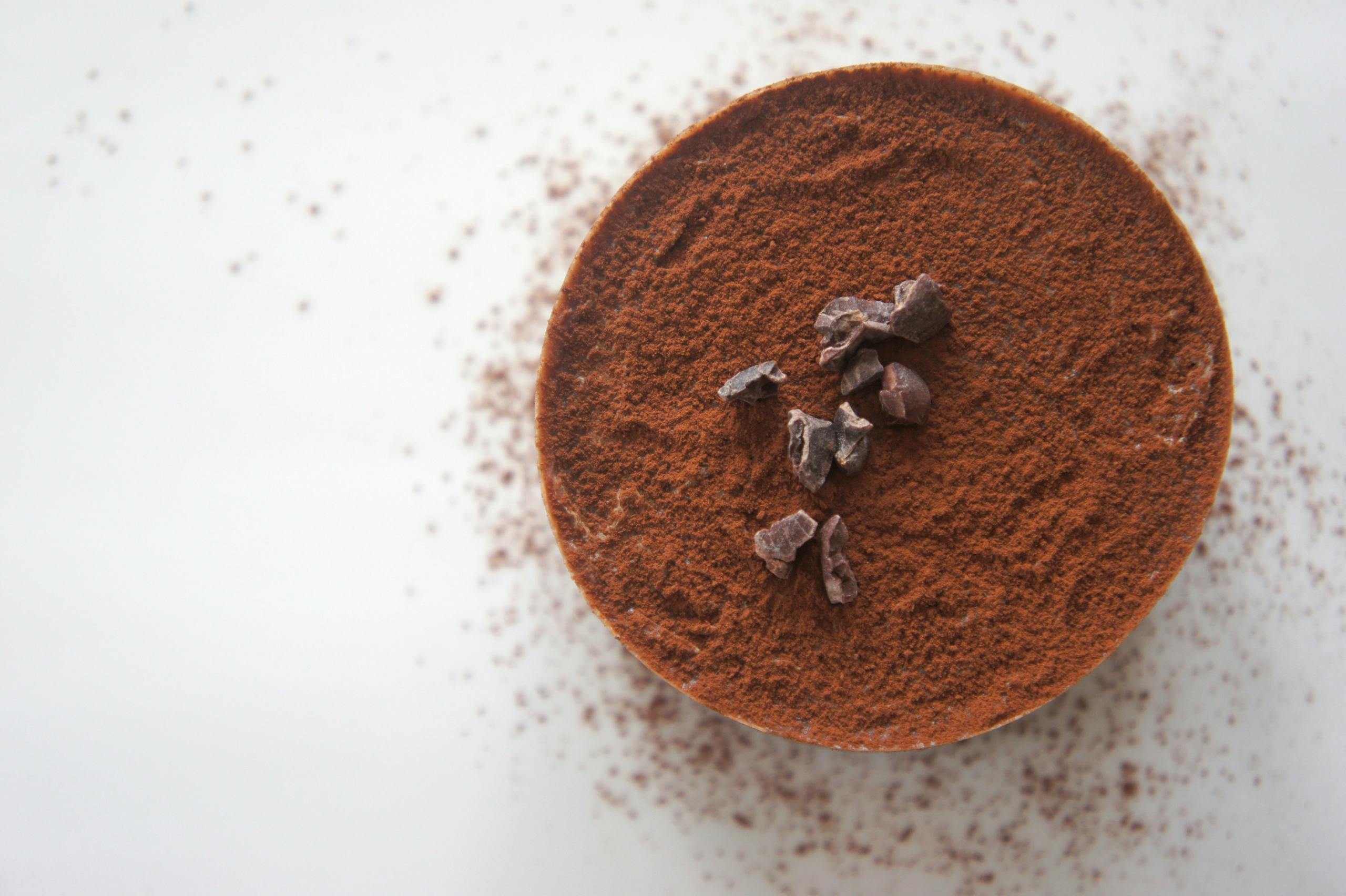Daily Cocoa Extract Supplements May Help Reduce Age-Related Inflammation and Support Heart Health

Researchers are taking a closer look at whether cocoa extract supplements could play a role in protecting older adults from chronic diseases that come with aging. A newly published study has explored how cocoa’s plant-based compounds influence inflammation, a key factor in age-related illnesses such as heart disease, stroke, type 2 diabetes, Alzheimer’s disease, and rheumatoid arthritis.
The findings suggest that taking a 500 mg cocoa extract supplement daily may help reduce levels of a well-known inflammation marker, while also boosting certain immune system proteins. The study was conducted as part of a larger clinical trial and offers promising, though not definitive, results for people concerned about “inflammaging” — the gradual increase in inflammation as we get older.
Why Inflammation Matters in Aging
Inflammation itself isn’t always bad. It’s the body’s way of responding to injury or infection. But when inflammation becomes chronic and low-grade, it damages tissues and organs over time. Scientists often refer to this as inflammaging.
This process has been linked to a wide range of age-related diseases. As the population gets older — with the CDC projecting that 1 in 4 people in the U.S. will be over 65 by 2060 — preventing or reducing chronic inflammation is becoming a major public health focus.
Background: The COSMOS Trial
This new study is an ancillary project within the larger COSMOS (COcoa Supplement and Multivitamin Outcomes Study) trial. COSMOS is a randomized, placebo-controlled study designed to look at whether cocoa extract and multivitamin supplements can reduce the risk of chronic diseases in older adults.
The full COSMOS trial enrolled 21,442 participants (men over 60 and women over 65) between 2014 and 2020. Earlier findings from COSMOS showed that cocoa extract supplementation was associated with a 27% reduction in cardiovascular disease mortality. That raised important questions about why cocoa extract might have such an effect — and whether its impact on inflammation played a role.
To answer that, researchers focused on a sub-study of 598 participants from the larger COSMOS group.
What the Researchers Did
Participants in this biomarker analysis were, on average, 70 years old, with about half of them being women. They were randomly assigned to receive either a 500 mg cocoa extract supplement each day or a placebo.
The supplement itself contained about 80 mg of epicatechin, a type of flavanol thought to be especially beneficial for cardiovascular health. Flavanols are plant-based antioxidants naturally found in foods like tea, apples, grapes, and cocoa.
The researchers tracked five key markers of inflammation and immune response over two years:
- hsCRP (high-sensitivity C-reactive protein) – a marker strongly linked to cardiovascular risk.
- IL-6 (interleukin-6) – a cytokine involved in inflammation and cardiovascular disease.
- TNF-α (tumor necrosis factor alpha) – another inflammatory cytokine.
- IL-10 – an anti-inflammatory cytokine.
- IFN-γ (interferon gamma) – a protein that helps regulate immune function.
Blood samples were taken at the start, after one year, and again after two years to measure changes in these markers.
Results: What Changed After Two Years
The most notable finding was that those taking cocoa extract had a consistent drop in hsCRP levels compared with those taking a placebo.
- hsCRP levels dropped by around 8.4% per year in the cocoa extract group. This is important because elevated hsCRP is associated with a higher risk of heart disease and stroke.
- Levels of IFN-γ increased by about 6.8% per year compared with the placebo group. This could signal a positive effect on immune regulation, though its long-term impact isn’t fully understood.
- IL-6 levels decreased slightly in women but showed no meaningful change in men.
- TNF-α and IL-10 did not change significantly with supplementation.
In short, cocoa extract supplements seemed to improve some inflammation markers, particularly hsCRP, but not all of them.
Why hsCRP Matters So Much
Of the markers studied, hsCRP is one of the most clinically relevant. Doctors routinely measure hsCRP because high levels are linked to a greater chance of cardiovascular problems. Lowering hsCRP is generally seen as a good sign for reducing risk, though it’s not a guarantee of disease prevention.
Interestingly, the benefits were strongest in participants who started out with higher inflammation levels. That means cocoa extract might be more helpful for people who already have elevated hsCRP.
Important Caveats
The results are encouraging but limited. Here are some things to keep in mind:
- The biomarker sub-study included 598 participants, a much smaller sample than the full COSMOS trial.
- The study population was predominantly white, which means the findings may not apply equally to more diverse groups.
- The most consistent effect was on one biomarker (hsCRP), while the other markers didn’t show strong changes.
- The long-term safety of daily cocoa extract supplementation hasn’t been thoroughly studied. Cocoa contains compounds that act somewhat like stimulants, so people sensitive to caffeine or on certain medications should be cautious.
- Supplements shouldn’t be viewed as a replacement for the basics: a balanced diet, exercise, good sleep, and not smoking.
Other Findings from COSMOS
Beyond inflammation, COSMOS has also looked at other outcomes:
- Cocoa extract did not prevent new cases of hypertension over about 3.4 years of follow-up in the larger study.
- However, its potential link to reduced cardiovascular mortality remains one of the most significant observations.
What’s Actually in Cocoa Extract?
Cocoa extract is not the same thing as eating chocolate. In fact, most commercial chocolate products lose a lot of their natural flavanol content during processing — and many add sugar and fat, which offset any potential benefits.
The extract used in COSMOS is concentrated and standardized, meaning it delivers a consistent amount of flavanols like epicatechin. That’s very different from snacking on a chocolate bar.
Flavanols and Health: What We Already Know
Flavanols are part of a larger family of compounds called flavonoids. These naturally occurring antioxidants have been studied for decades. They’re found in foods like:
- Cocoa and dark chocolate (if minimally processed)
- Tea (green and black)
- Apples
- Grapes and red wine
- Berries
Research suggests flavanols can help with:
- Vascular health – by improving blood vessel function.
- Blood pressure regulation – though results vary.
- Cognitive support – some studies suggest benefits for memory and brain function.
- Anti-inflammatory effects – as highlighted in this new study.
Funding and Transparency
The COSMOS study received support from Mars Edge (a division of Mars Inc.) and Pfizer Consumer Healthcare (now Haleon), which supplied the cocoa extract capsules and infrastructure support. Importantly, the researchers state that these companies did not influence the study design, data collection, analysis, or writing.
This kind of transparency is important, especially when industry funding is involved.
Should You Take Cocoa Extract Supplements?
The short answer is: not without talking to your doctor first. While the findings are promising, they’re not strong enough to recommend cocoa extract as a standard prevention strategy for heart disease or aging-related inflammation.
Supplements may be helpful as an add-on for some people, but they shouldn’t replace the fundamentals of health. Maintaining a balanced lifestyle still does far more for reducing risk than any single pill or extract.
Final Thoughts
This new research adds to a growing body of evidence that cocoa flavanols may support cardiovascular and overall health as we age. By lowering hsCRP levels and boosting immune markers, cocoa extract supplements could be part of the strategy to combat chronic inflammation.
That said, much more research is needed, particularly in diverse populations and over longer periods of time, to fully understand the benefits and risks.
For now, cocoa extract looks like a promising piece of the puzzle, not a magic bullet.
Research Reference: Age and Ageing – Effect of cocoa extract on inflammaging-related biomarkers in older adults: the COSMOS trial





